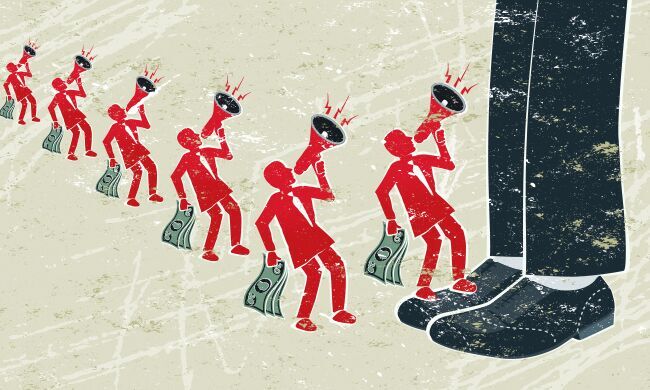Institute for Free Speech Research Director Helen Knowles-Gardner has authored a scholarly article draft on the history of the important Supreme Court case NAACP v. Alabama ex rel. Patterson (1958). Knowles-Gardner will present the article, titled “The First Amendment to the Constitution, Associational Freedom, and the Future of the Country: Alabama’s Direct Attack on the Existence of the NAACP” at the Annual Meeting of the New England Political Science Association in Newport, RI, on April 20, 2024.
The article is the first component of an extensive research project examining the landmark free speech litigation that produced four Supreme Court rulings, as well as the implications of those rulings for freedom of association today.
Read the article’s abstract below.
Abstract
Sixty years ago, on Wednesday April 8, 1964, Professor Harry Kalven, Jr., gave the second of three lectures at The Ohio State University College of Law Forum. These lectures were published two years later in a book entitled The Negro & the 1st Amendment. In the second lecture, Kalven distinguished between direct and indirect threats to the associational freedom of the National Association for the Advancement of Colored People (NAACP). Kalven categorized NAACP v. Alabama ex rel. Patterson (1958) as an indirect effort to control the NAACP.
With the benefit of material obtained from numerous archival sources, this article argues that Kalven’s categorization of Patterson (and the three other U.S. Supreme Court rulings it ultimately took to ensure Alabama’s compliance with the 1958 decision) was mistaken. Instead, the litigation was designed and intended to put the NAACP out of business (which, in Alabama, it did for eight years).
Part of an extensive research project focused on the history of this protracted litigation, this article is narrowly focused on the two years leading up to, and the first few months following, the June 1, 1956, injunction preventing the NAACP from doing business in the state that Alabama’s Attorney General John Patterson secured from Montgomery County Circuit Court Judge Walter B. Jones. Ultimately, that injunction led to an effort to compel the NAACP to turn over its Alabama membership lists to the Attorney General. To borrow and only slightly change Jason Robards’s famous line in All The President’s Men, nothing was riding on this litigation except the First Amendment, which guarantees the right to peaceably assemble, and the future of the country.














